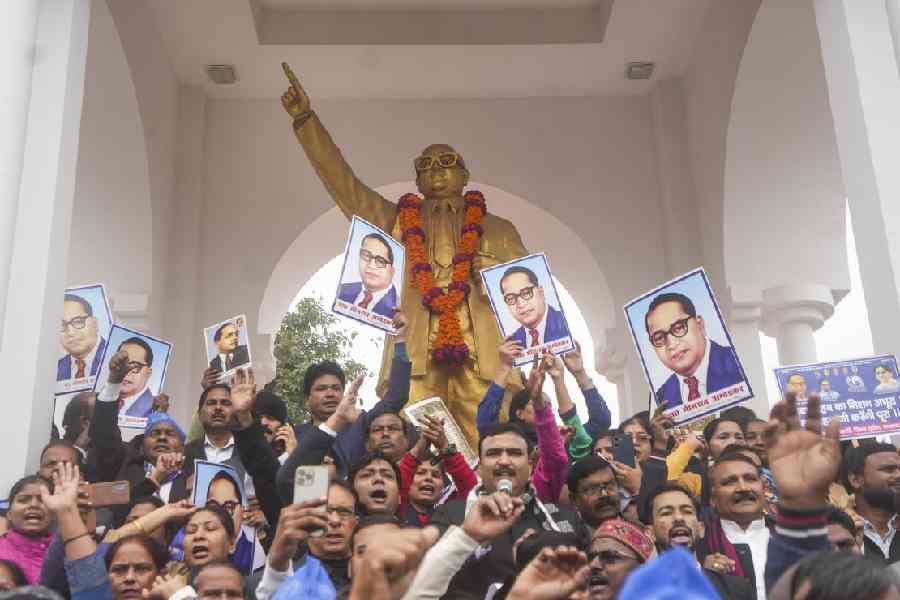The Bharatiya Nyaya Sanhita, the Bharatiya Nagarik Suraksha Sanhita and the Bharatiya Sakshya Adhiniyam have received presidential assent. To what extent have these legislations been able to transcend the colonial model of retributive justice and embrace the principle of restorative justice?
Restorative justice is a mechanism of resolving the conflict between offender and victim with the aim of reinstating the status quo that existed prior to the commission of the offence. A common misconception about this alternative form of justice delivery is that it demands greater sensibility towards the rights of offenders. But in Restorative Justice: Ideas, Values and Debates, Gerry Johnstone provides empirical evidence of direct meetings between victim and offender facilitated by the community and the police leading to the withering away of the criminal mind.
Howard Zehr has argued that criminals resort to rationalising their crimes to justify their acts. This self-justification is aggrandised by the conventional system of penal punishment. Contrastingly, restorative justice works on the principle of reintegrative shaming as propounded by John Braithwaite. Here, shaming is coupled with the efforts to reintegrate the offender back into society as a law-abiding citizen.
The newly-enacted BNS also rests on the belief of decoupling shame and pain. But in doing so, it has been oblivious of the distinction between shaming to the extent of outcasting and shaming to reintegrate. The word, rehabilitation, is mentioned in the BNS, 2023 under Sections 64, 65 and 70, while dealing with punishment for rape and gang-rape. However, it has not elaborately dealt with the aspect of restitution, the healing of emotional trauma and empowerment measures for the victims.
The Union home minister argued that the three bills strive to decolonise the criminal justice system. But decolonisation is not simply a transition from a government being ruled from a foreign land to a nationalist one. It symbolises decentralisation of decision-making, whereby citizens express their will through participative democracy. A decolonised bill should be representative of communities that are part of debates, discussions and consultations. However, the bills were passed with 97 Opposition members of Lok Sabha under suspension. The paucity of time given to the Parliamentary Standing Committee to review the bills and the lack of discussions on them raise pertinent questions about the claim that India’s criminal justice system has been decolonised.
In many countries, the quest for decolonisation of the criminal justice system has led them to revitalise indigenous methods of handling offences. The codification of criminal legislations in many erstwhile colonies was done in the backdrop of rising rebellions against colonial authority. In India, the codification of the Indian Penal Code was completed in 1837. However, it was finally enacted in 1860 to check dissenting voices against the crown. Provisions like Section 124A of IPC, which penalised any expression of hatred or contempt or disaffection towards the government, are a testament to this. Significantly, Section 124A has been refigured in the BNS in the form of Section 150.
While speaking at the Ambedkar Jayanti lecture in 2023, Justice S. Muralidhar talked about structural discrimination, which makes justice inaccessible to the marginalised. Such structural imbalances are a consequence of basing laws on a misconceived understanding of injustice. This has perpetrated violence and inequality. The new legal codes should have focused more on steering a shift from power based on a hierarchical model. Restorative justice must lead to transformative justice.
Nandini Arya and Jayam Jha are Convenors at Centre for Research in Governance, Institutions and Public Policy, National Law University, Jodhpur











